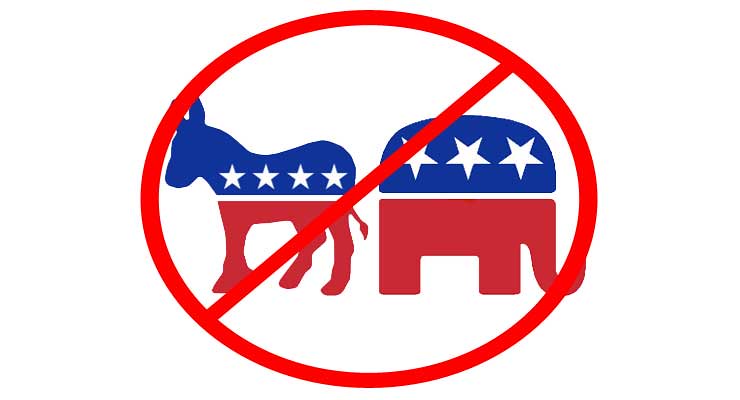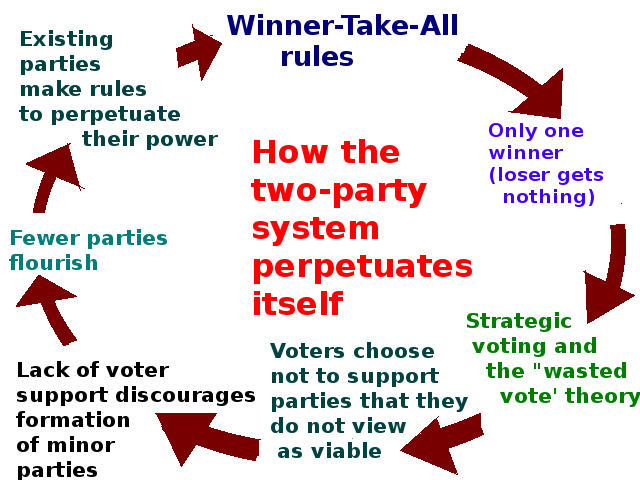"It wasn't just a defeat for populism, but a rejection of the entire political establishment.
Four million French voters spoiled their ballot or voted "blank" to indicate they wanted neither Emmanuel Macron nor Marine Le Pen in Sunday's presidential election — the highest number recorded in over half a century.
Added together, 16 million people — one in three French voters — rejected both the candidates on offer.That comes on top of the worst abstention rate in a French presidential runoff since 1969, with 12 million registered voters staying away from the polls.
"Neither" became the second-most popular choice in the runoff, said Marta Lorimer, a researcher at London School of Economics European Institute. "There are a huge number of people who don't feel represented by either of the two candidates," she said.
Experts said the high protest vote was partly because it was the first time in more than half a century that no candidate from either the left or right mainstream parties made it through the first round, leaving France with a stark choice of radical anti-immigration and anti-EU Le Pen and untested former banker Macron.
More than just an untested newcomer, for mainstream right wing voters Macron is simply a continuation of Francois Hollande's socialist government and for mainstream left voters he represents the most disheartening parts of Hollande's presidency — namely neo-liberal economic policies — said Murray."This year there were lots of people who felt a bit lost because they couldn't bring themselves to vote Macron but they wanted to register their dislike for Marine Le Pen," said Rainbow Murray, an associate professor of French politics at Queen Mary University London.
"They're stuck in a place where nobody is representing them" said Joseph Downing, a Marie Curie fellow at Centre Nationale de Recherches Scientifiques in Marseilles. "They don't want a continuation of Macron's neo-liberal policies but at the same time they're not the people who would vote for the far right, they're not xenophobic, protectionist or nationalist."
"These people [the protest voters] are not going to vote "En Marche!" during the presidential elections in June and what he needs now are enough députés [lawmakers] in parliament to govern."Downing, who studied the movement encouraging spoiled ballots on Twitter, said the protest vote and those encouraging it were "emblematic of challenges Macron will face when governing."
When former leader and founder of the FN Jean-Marie Le Pen made it to the runoff vote against Jacques Chirac in 2002, voters flocked to the polls to ensure Le Pen did not win, electing Chirac with a resounding 78 percent of the vote.
The difference between 2002 and 2017 is telling, according to Sylvain Brouard, research professor in electoral behavior at CEVIPOF, a political research institute at Sciences Po. "Clearly the context has changed. There was a large strong, mobilization against Jean-Marie Le Pen, no one was making a case for abstention or spoiled votes," he said.
Part of the picture, according to Brouard, is that it was clear from the polls ahead of Sunday's vote that Macron would be president. "Voters knew Macron would win and didn't want to legitimize him more than was necessary" said Brouard. "Their message was: 'We're not with him. He's not an enemy but he is a political opponent,'" Brouard added.
Marta Lorimer, of LSE, agreed. "More than just expressing the fact that the alternative to Le Pen is not very likeable, voting blank or spoiling the ballot undermines the future president from the beginning," she said."Certainly the supporters of Mélenchon wanted to show they were the opposition, that they weren't aligned with Macron like everyone else," Brouard said.
"With the lowest turnout since 1969 Macron's opponents can still say he is not really legitimate," she added, "going into the parliamentary elections in June is going to be so much harder than if he'd won 80 percent plus of the vote."
Experts said Sunday's result also showed a country divided rather than united behind the president-elect.
For Brouard, this "new polarization of the left" —in which the far left will no longer vote for centrist candidates, even to defeat the far-right — shows how French politics is changing."
Vive la France!
Let's get with the program here:
In the next election--national, state or local--vote for anyone except a democrat or a republican.
Our nation will be better off if you do.
Our nation will be better off if you do.



No comments:
Post a Comment